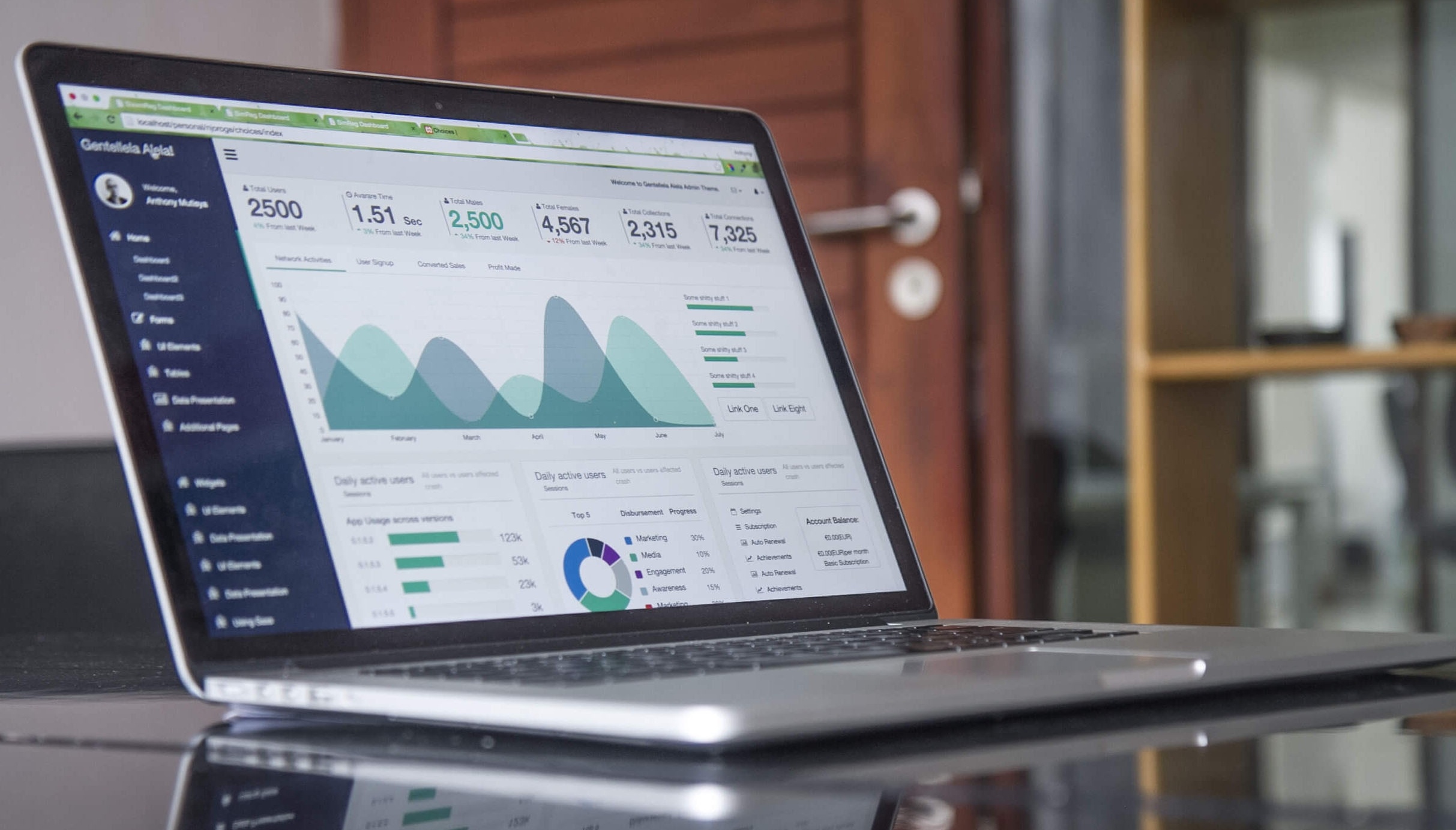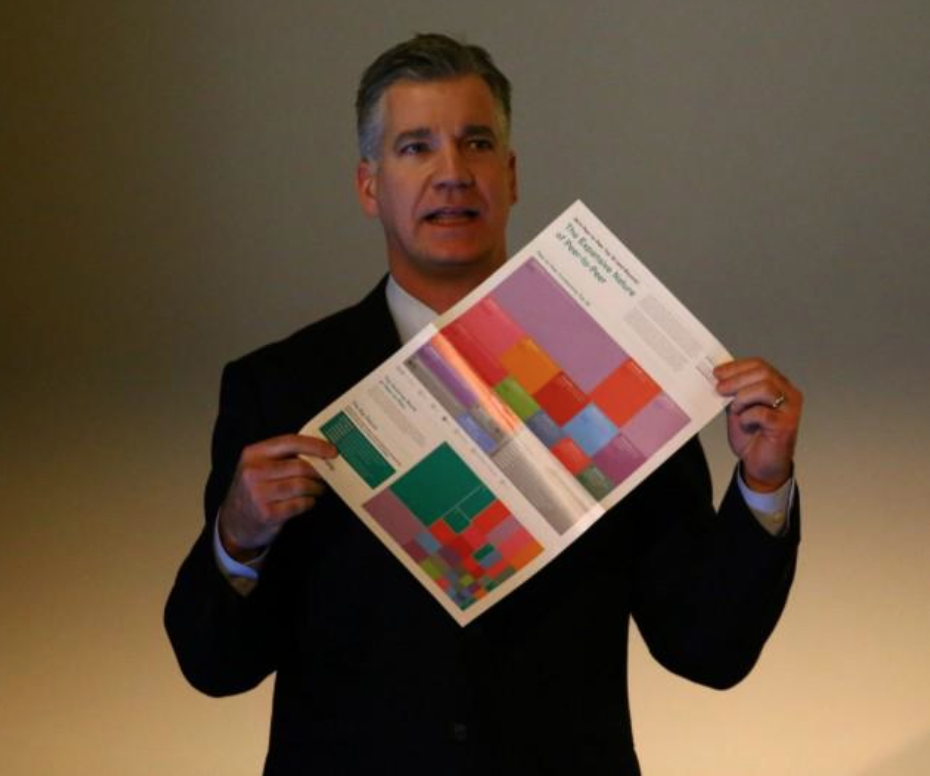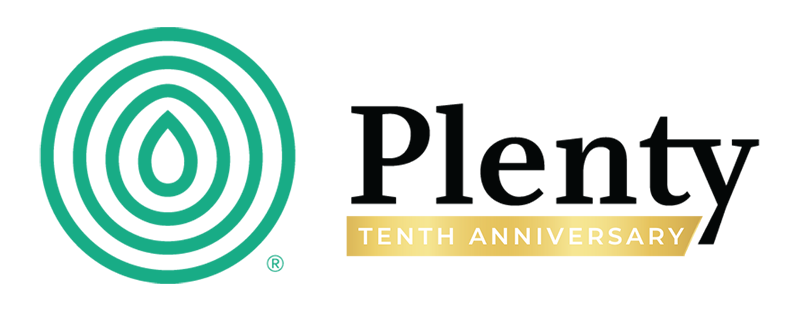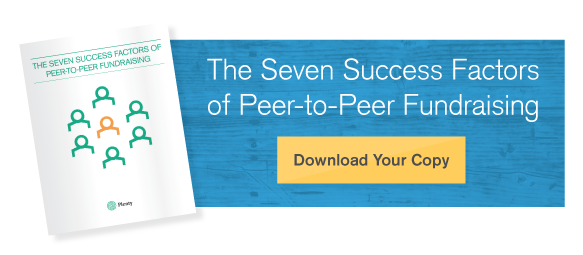Doing Good With Data
I’ve just spent two days at Do Good Data 2014, an emerging Chicago-based conference focusing on the intersection of analytics and social good. As the brainchild of Andrew Means and his organization, Data Analysts for Social Good, this two-day conference was a fantastic blend of social scientists, programmers, nonprofit executives, foundation heads, and researchers. I can’t remember the last time a conference has left me so invigorated and challenged.
A lot of the credit for that goes to Andrew himself. Andrew is a former researcher for both Groupon and the YMCA of Chicago. Currently, he is the Associate Director of the Center for Data Science & Public Policy at the University of Chicago. His background in both the social sector and in data analytics runs deep. He’s also personable and passionate. In short, he’s a Plenty kind of guy.
Andrew curated a diverse range of speakers and topics, including yours truly, on “The Future of the Sector.” Obviously, the emergence of big data and the advent of powerful software and statistical tools to harness it were recurring themes. For example, you could find sessions about using machine learning to prescribe treatment interventions – not your usual nonprofit fare, and not necessarily for the faint of heart. However, there were just as many conference sessions about the impact we are all trying to make together, and the need to increase transparency and collaboration to achieve it.
Regardless of the session topic, there were a few key themes that stuck with me:
- There has never been a better time to learn how to code. Most of the exciting and cutting-edge analytics work is being done with programming tools. Programming is easier than ever to learn, and while it takes some investment of time, the trade-off is that the most popular languages are free and supported by massive worldwide user groups. At Plenty, we’ve made a heavy investment over the past several years in learning both R and Python, and I left the conference grateful that we have.
- Paradoxically, while it is easier than ever to learn programming, in some sense learning code is less necessary than ever. The number of free software products in the data analytics sector is truly astounding. Many of these have professional looking interfaces and are quite user-friendly. I was blown away by Orange, Knime, and BigML, to name but three among many. If the idea of learning to code is daunting, don’t sweat it – download Orange and play with data mining for free.
- Impact measurement is here to stay – and is rapidly evolving. Because I’m a fundraiser, I’m used to being surrounded by other fundraisers. One of the things I liked about Do Good Data 2014 was that there were far more program and services staff present than fundraising staff. It was very interesting to hear about the many efforts currently underway to harness data to better measure outcomes in the nonprofit space. However, I do find some of the proposed solutions disturbing – I’m not sure we can boil down all the activities of a nonprofit to one impact metric, or if we should. Nonetheless, it is clear that impact measurement is here to stay.
- Peer-to-peer is poised to explode. Well, of course I’m biased, but when I listened closely to the discussions, almost all of them involved trying to network constituents. That’s something we’re already doing in peer-to-peer fundraising, and certainly the players in the peer-to-peer space will have a strong role in helping the entire nonprofit sector become more interconnected. Some of Plenty’s most exciting work involves using machine learning to map interconnected networks of constituents. It was clear we are on the forefront of the movement, and I’m excited for us to keep pushing ahead.
- Ignore buzzword bingo and focus on change. It is hard to keep up with the many trendy ways of talking about analytics, from machine learning and data mining to predictive modeling and prescriptive analytics. While these terms do mean something slightly different to those of us in the field every day, don’t let it distract you. The goal of every tool is the same: to help us learn more about our constituents in order to make a deeper impact.
If you want to join the conversation, Data Analysts for Social Good has launched a year-round membership program. And if your knowledge of data stops at reading your ATM statement, don’t be intimidated – we all started at the beginning. The only prerequisites are a passion for change and a healthy curiosity. It was great to see both on display in abundance this week at the conference.
Dive into data and analytics to understand the role they play in a nonprofit's success. Download our free e-book "The Seven Success Factors"!
Share this
You May Also Like
These Related Stories

The Biggest Opportunity In Nonprofit Data

What's Hiding In Your Peer-to-Peer Data?




No Comments Yet
Let us know what you think